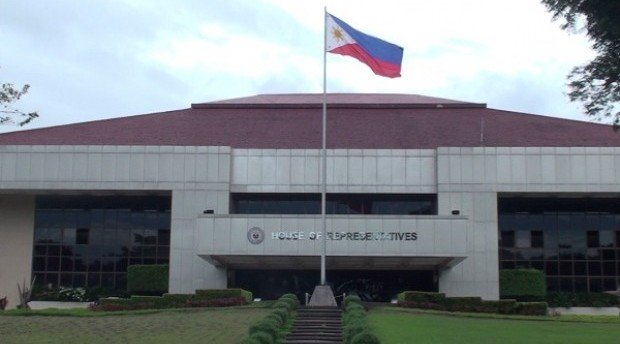House begins deliberations on proposed P4.5 trillion 2021 budget
MANILA, Philippines — With promise of “transparency” during the course of deliberation, the House of Representatives began Friday its discussions on the proposed P4.506 trillion budget for 2021.
The first budget hearing is dedicated to the Development Budget Coordination Committee (DBCC) which is composed of the Department of Budget and Management, National Economic and Development Authority, Department of Finance, and Bangko Sentral ng Pilipinas.
The deliberations will tackle the financing of the budget, growth forecasts, sectoral priorities, policies, and initiatives that will be significant in the deliberation of the budget.
In August, Budget Secretary Wendel Avisado personally submitted the proposed budget to Speaker Alan Peter Cayetano amounting to P4.506 trillion, which is 9.9 percent bigger than the 2020 budget.
Avisado said the proposed budget focuses on government spending on improving the country’s healthcare systems, ensuring food security, creating more jobs by investing on labor-intensive projects, enabling a digital government and economy, and helping communities cope.
Article continues after this advertisement“The imposition of community quarantine has had a significant impact in the economic and social activities in our country while our healthcare sector continues to struggle against the pressure of the pandemic,” Avisado said during the submission of the budget.
Article continues after this advertisement“We, in government, must be able to effectively respond and with the fiscal year 2021 National Expenditure Program (NEP), we hope to fully address the impact of the heath crisis and accelerate our economic recovery,” he added.
Meanwhile, Cayetano assured hearings on the 2021 national budget will be “very transparent.”
“We will be very transparent. All the members of the opposition in the House, we will give you first a copy of the budget and listen to you first and give you more time so this budget will be a product of the whole of Congress, the whole of the representations of the Filipino people, not only of the administration,” Cayetano said in an earlier statement.
Further, Cayetano said that the lower chamber will likewise give the public a chance to “directly participate” in the deliberations on the proposed national budget, adding that this will be the first time that such initiative will be undertaken.
“Since the start of this pandemic, Congress has taken advantage of these new technologies to continue doing our work. Now, as we deliberate on the budget, we can use these same systems to allow our fellow citizens – not just to watch, but to directly participate in the process,” Cayetano said.
Aside from getting the public involved, Cayetano also pledged to pass the budget in “record time”, with the lower chamber targeting to finish deliberations by the end of September.
Cayetano said that following the DBCC, the proposed budget of the following agencies will also be deliberated:
September 7
Department of Agrarian Reform (DAR)
Department of Energy (DOE)
Energy Regulatory Commission (ERC)
Philippine Charity Sweepstakes Office (PCSO)
Philippine Gaming and Amusement Corporation (PAGCOR)
September 8
Department of National Defense (DND)
Department of Environment and Natural Resources (DENR)
Department of Foreign Affairs (DFA)
Department of Social Welfare and Development (DSWD)
September 9
Department of Science and Technology (DOST)
Department of Trade and Industry (DTI)
Department of Labor and Employment (DOLE)
Commission on Higher Education (CHED)
Technical Education and Skills Development Authority (TESDA)
September 10
Department of Interior and Local Government (DILG)
Department of Tourism (DOT)
Department of Agriculture (DA)
September 11
Presidential Communications Operations Office (PCOO)
Department of Information and Communications Technology (DICT)
Department of Public Works and Highways (DPWH)
September 14
Department of Justice (DOJ)
Department of Human Settlements and Urban Development (DHSUD)
Department of Health (DOH)
September 15
Office of the President (OP)
Office of the Vice President (OVP)
Department of Transportation (DOTr)
Department of Education (DepEd)
